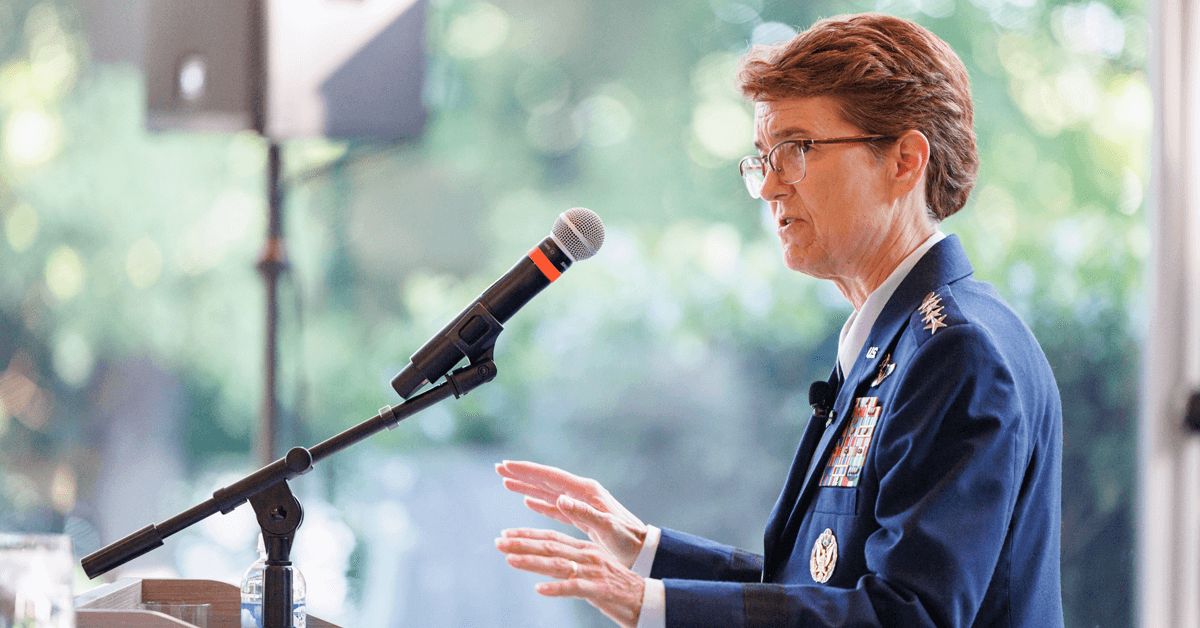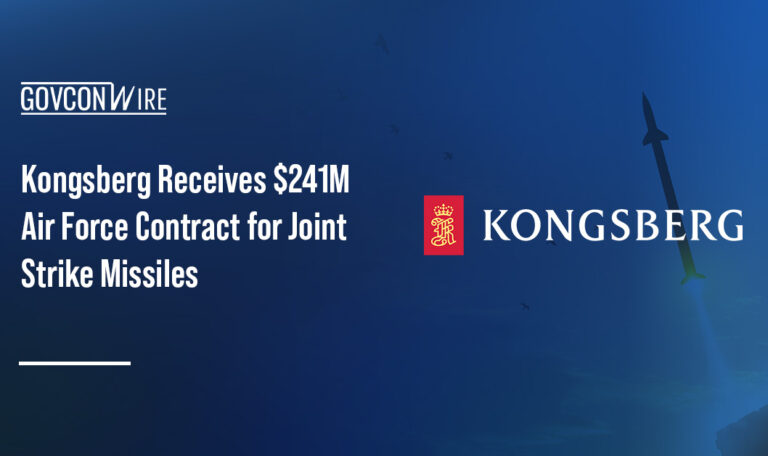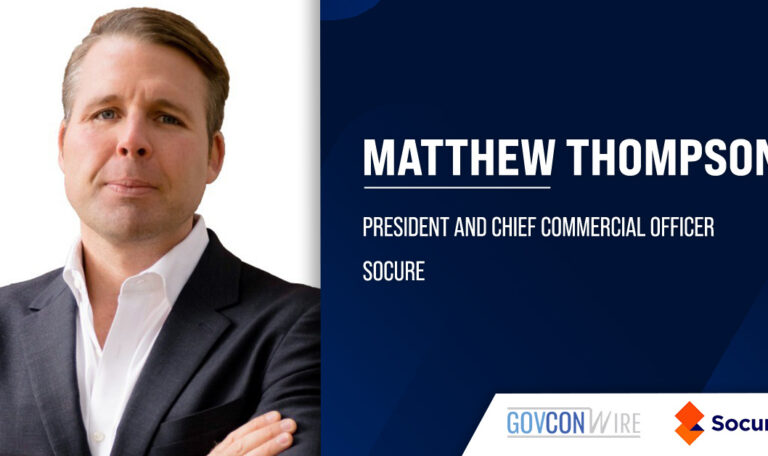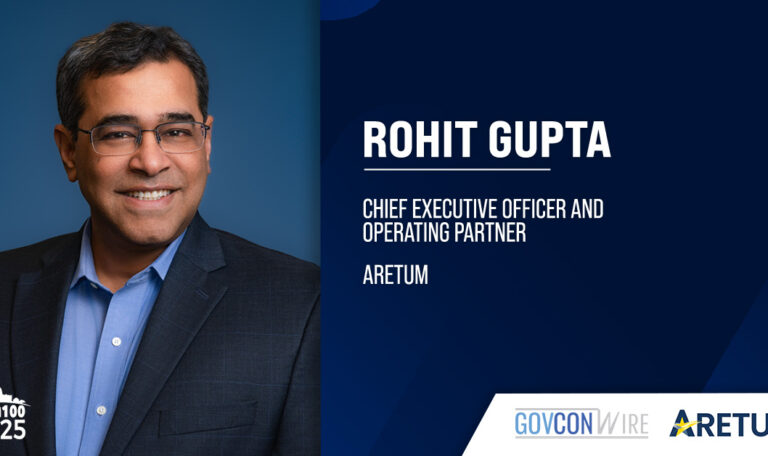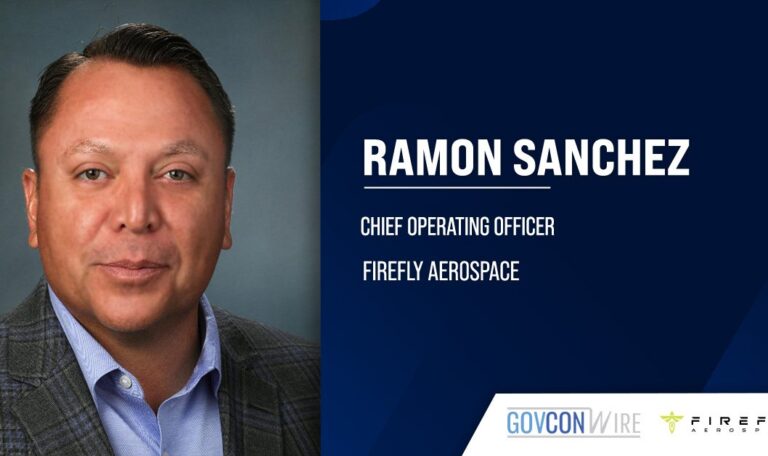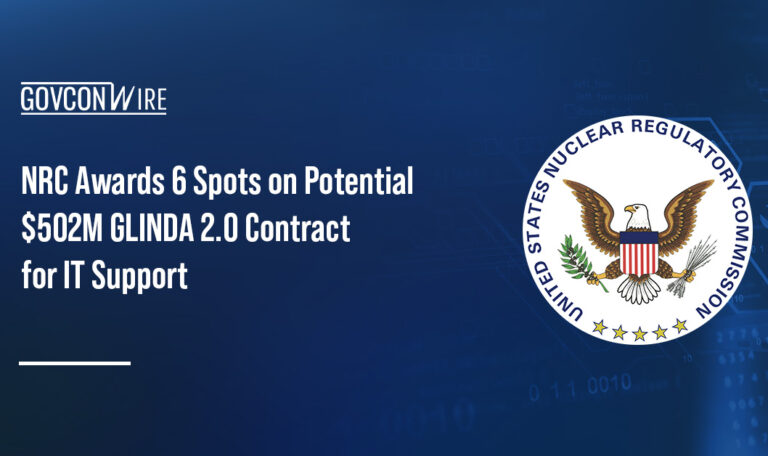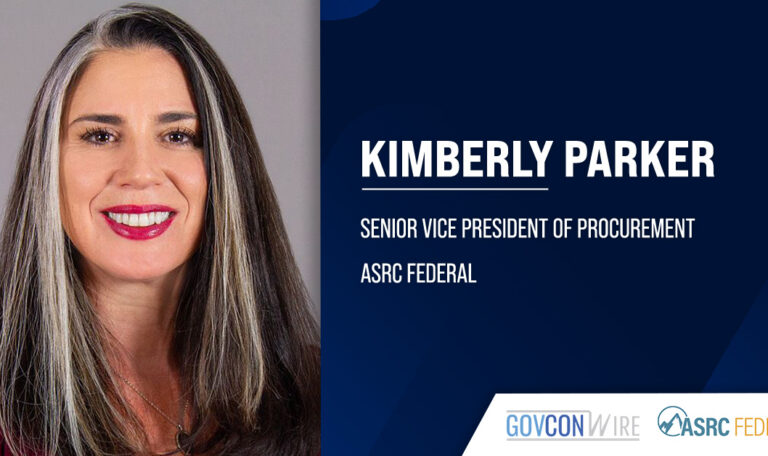United States military officials say the People’s Republic of China has built up its power by observing the economic and governmental behaviors of the U.S. for the last 30 years and taking rigorous notes, adapting and integrating what they’ve found into their own agenda.
In recent times, the Chinese government has taken a particular interest in capitalizing on the supply chain and on modes of international transportation. Gen. Jacqueline Van Ovost, commander of U.S. Transportation Command, says that the PRC has found a way to affect the U.S. even with 85 percent of its combat forces stationed stateside by shipment disruption and overall supply chain manipulation. General Van Ovost delivered the keynote address at Potomac Officers Club’s Preparing for the Contested Logistics Era Forum on Thursday.

If you want to stay abreast of how top U.S. officials from the Department of Homeland Security, Transportation Security Administration and the Cybersecurity and Infrastructure Security Administration are positioning the U.S. for success in the great power struggle, register to attend Potomac Officers Club’s hotly anticipated Nov. 15 Homeland Security Summit. It will be hosted at the beautiful Hilton-McLean in Virginia and be accompanied by delicious breakfast and lunch spreads.
“China controls approximately 70 percent of ship-to-shore cranes used at global ports and their logistics management platform called LoginK poses substantial risks,” General Van Ovost specified during her talk, adding that they’re able to accomplish this through mastery of “sensors and access to data.”
General Van Ovost pointed to optimizing decision advantage as a major priority of USTRANSCOM in combatting China’s monopolization, stating that this means “improving decision quality across the continuum from competition all the way to our conflict, in order to preserve time and options,” as well as harnessing anticipation and decision initiative.
The TRANSCOM commander went on to say that efforts to ramp up decision advantage will encompass three major tenets:
- Shaping global posture
- Emphasizing global mobility capacity
- A focus on command and control integration
A domination of logistics alone will not solve the growing near-peer competition between the U.S. and China, the general said, but nonetheless cautioned that “wars have been lost because of it,” continuing, “it sets the tempo and balances the operational reach and it all starts with global posture.”
She concluded her remarks with a call to arms: “this contested [environment] is here to stay. It’s the norm. We have to act like it. We have to exercise it. We have to develop systems and capabilities that are robust and resilient and survivable.”
Don’t miss out on the next essential POC event! Register for the 2023 Intel Summit, happening on Thursday of this week—Sept. 21—to witness the brightest minds in the Intelligence Community gathered in conversation.



